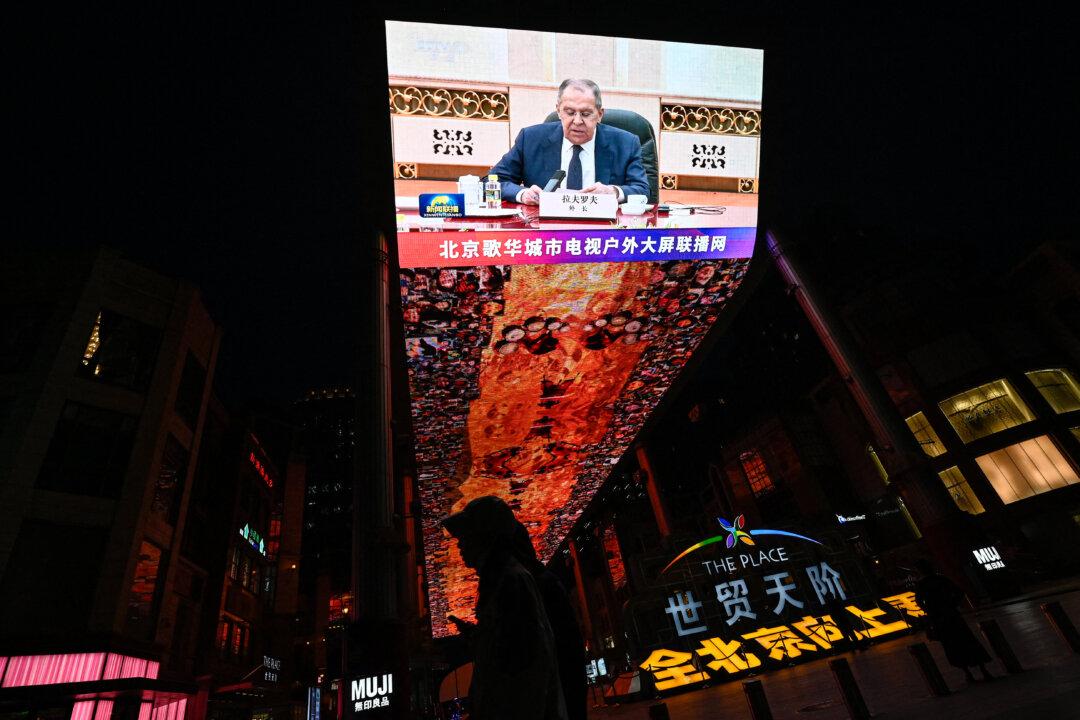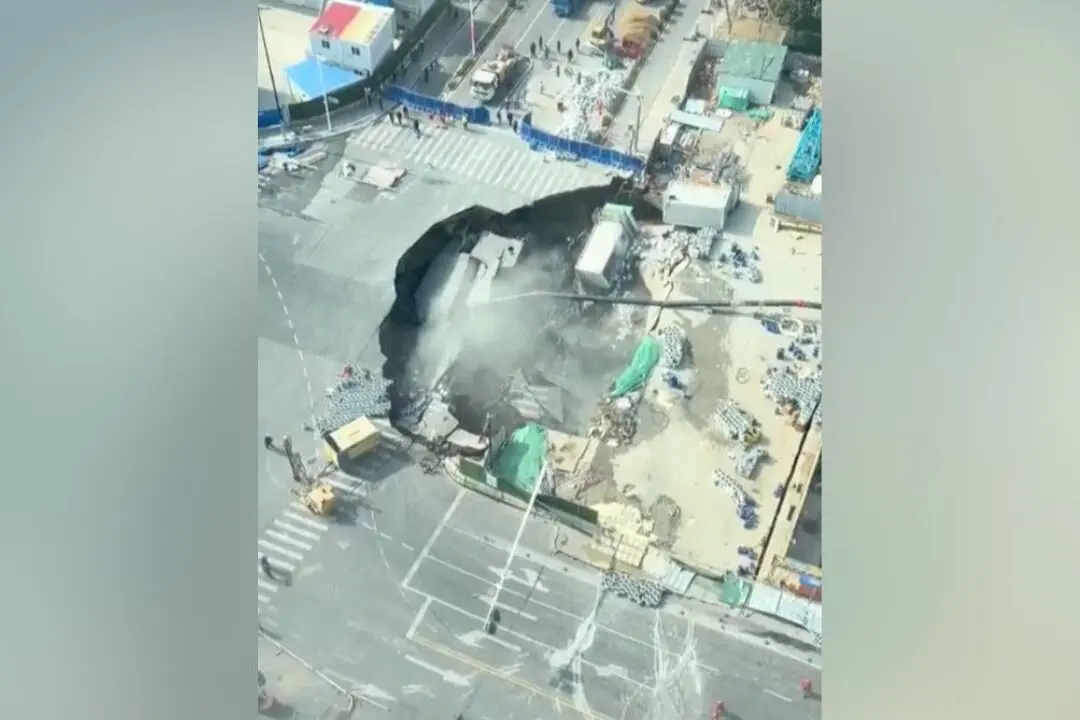Chinese communist regime leader Xi Jinping met with Russian Foreign Minister Sergey Lavrov in Beijing on April 9, reaffirming solidarity amid growing pressure from the West.
Mr. Lavrov arrived in China on April 8 for a two-day visit. His trip, according to the Kremlin, could be seen as laying the groundwork for upcoming contacts between Xi and Russian President Vladimir Putin.




